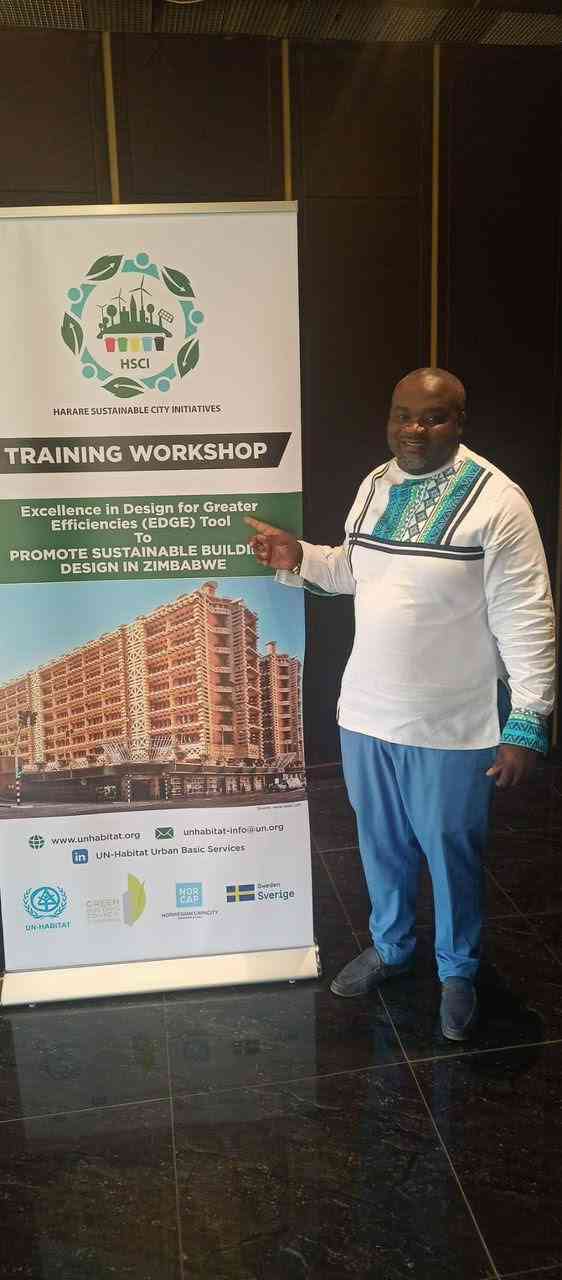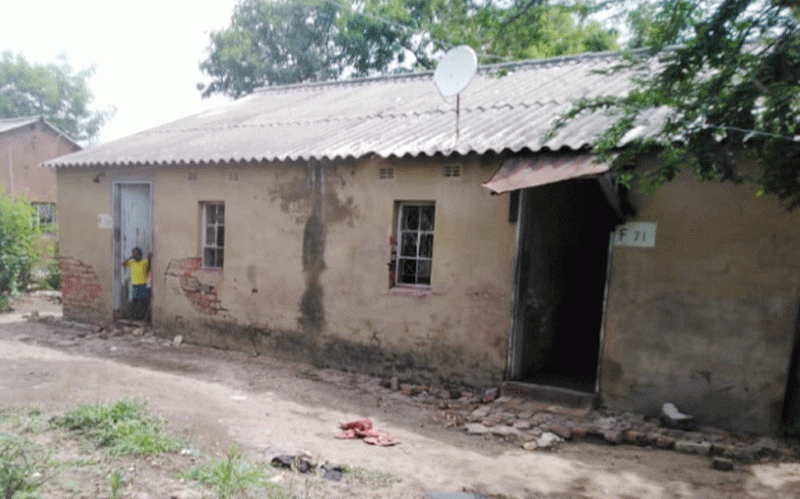
IN a combined effort last month, the Green Building Council of Zimbabwe and UN – Habitat conducted a three-day special workshop to train the first group of local experts on the concept of green buildings. The experts are expected to drive the country’s green building agenda. After the workshop, Zimbabwe Independent reporter Julia Ndlela (JN) had an interview with Blaise Mempou (BM) a University of Nottingham lecturer and international consultant who took the training. Below is how Mempou sees the green building wave panning out ...
JN: Please give me a summary of what was taking place. Give us an overview of your workshop.
BM: First of all, the main idea is I was hired by UN - Habitat as an international consultant, to work, support and advance the Green Building Council of Zimbabwe to develop what we call the Green Building Rating and Certification System. So actually, the training is meant to capacitate the members of Green Building Council of Zimbabwe to understand the building code, building rating and certification system. After this they can validate and they can also input the local context in the process inside the code.
JN: Please tell me about the concept of green buildings?
BM: There is no specific definition of green buildings. This is because each country can have its own definition. But fundamentally, green buildings incorporate the passive strategy first. What we mean by passive strategy is something that we don’t require energy to be comfortable.
Imagine, if you are in the village, sometimes the houses don't use any air conditioning system. But you feel comfortable when you move in. This is because they use the passive measure there. Now, it is quite not possible to be comfortable all year round. So, you sometimes need air conditioning. Sometimes you may also need some heating system. On the green building, you need to make sure those systems are really energy efficient. That would be the green building.
So, each country or each zone can define a green building the way that suits their country.
JN: Please tell us the difference between green building and our traditional houses.
- Mavhunga puts DeMbare into Chibuku quarterfinals
- Bulls to charge into Zimbabwe gold stocks
- Ndiraya concerned as goals dry up
- Letters: How solar power is transforming African farms
Keep Reading
BM: The difference still stands on the amount of energy they can consume. You see, the green building will consume less energy, because during the design process, the architects will put a lot of consideration into passive strategy. They will reduce that amount of heat. When you switch on your air conditioner and get comfortable, it will last for long. That is the big difference between the conventional and the green building. It can help you to save energy.
JN: So has this concept been implemented elsewhere, and what has been the result?
BM: Actually, I think, when I go around, I can see a lot of green buildings. We can see that they are already designed green. This is because the green building is mostly about how it functions, the amount of energy that it uses. However, a lot of people are claiming that they are now building green. But they are not because they are using solar panels so we want a kind of independent auditor or independent professional who can come and certify if your building is exactly green. That is why we need a certification system to get a fair judgment of green buildings and those that are not green. After that people don’t declare without certification.
JN: Do you see Zimbabwean communities warming up to this idea?
BM: Yeah, sustainability and energy saving does not require you to be a developing country to achieve. And it does not select, like I mentioned earlier. For example, in a hotel hallway there are lights switched on always even during the day. But in a green building there is a sensor. The lights only go on when someone is walking down the hallway and when there is no one it switches off to save energy.
JN: There are several types of standards. Which one best suits Zimbabwe?
BM: Well, it should not be one size fits all. We want people to make sure that the rating system that we are going to put in place fits Zimbabwe or suits the Zimbabwean context.
The local context should be taken into consideration. I don't want to advise that this standard will be better for the country, professionals should be able to decide. We want them to develop something that will be appropriate and useful.
JN: What is the cost of not adapting?
BM: It costs a lot. You just mentioned it now. You will lose a lot of benefit and a lot of interest.
Look, this building (Rainbow Towers) is a hotel. We need to exploit it. You have to make sure that you are lowering your operational costs. If you don't implement the green building concept, you are going to spend a lot.
As families, every month you will be losing money. Instead of saving money, you can use it somewhere else like education, your children's education, maybe transport. So, actually, if you look at it very closely, energy efficiency or green building is appropriate for developing countries because we can save money and use that money somewhere else on health, on education, on other stuff.






